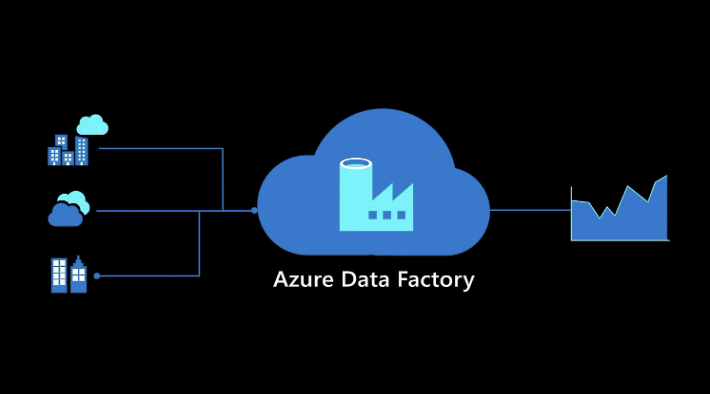Migrating website reporting usage from Universal Analytics to Google Analytics 4
3 minute read
13 February 2023

This independent not-for-profit organisation, like so many other organisations had been impacted by Google’s announcement of the sunsetting of Google Analytics Universal Analytics product and required assistance with the move of their backend reporting of website usage migration to Google Analytics 4.
As a result of this project, the organisation can now gain much greater insights into the utilisation of their products purchased from their online store as well as taking advantage of the benefits that Google Analytics 4 brings.
The problem
In early 2022, Google made the announcement that due to the demise of third-party cookies, they would be sunsetting their widely adopted ‘Google Analytics Universal Analytics’ (UA) product. The engine behind UA utilised the third-party cookies to track user activity, but there has been a significant change in the protection of online users through government regulations such as CCPA, ePR and GDPR (to name a few) that has somewhat thwarted the previous tracking tactics used by these products. Also, the general public has become much more aware of cookies and how to ensure they are not being tracked, which can often render the analytics gained from tools such as Google Analytics vague and unreliable.
So Google has pushed forward with the rollout of their new product ‘Google Analytics 4’ (GA4) which requires the GA customers to start afresh with their website user tracking. The organisation’s historical data is unable to be migrated from UA because of the large differences in the engine behind the tracking processes built into GA. To add to this, a lot of the previous reporting metrics GA customers used in UA (e.g. Bounce Rate) are no longer measured and are replaced with more detailed metrics (such as Engagement) for more in-depth analysis.
Our client had just finished setting up their GA4 property and was interested in accessing the detailed data behind the GA4 engine in order to have greater insight to their customers and their behaviour on the website.
“The session/event level data allowed our company to better understand what our customers were doing on our e-commerce website, what gaps we might have had in the sale funnel process and how we could provide a more tailored and personalised service offering.”
The solution
Altis was engaged to source the GA4 data in its raw format from Google Analytics and to model this data for the analysts to report from. Altis set up the client with a slimline implementation of Google Cloud with which to export daily and streaming data from Google Analytics directly into Google BigQuery. This ensured they had access to the event level data for each user’s session on the website. The e-commerce store site being tracked is also a portal for users to access content they have previously purchased on an annual subscription, so Altis was able to assist the client in accessing data on product utilisation.
Utilising the client’s implementation of the Altida Data Load Accelerator framework, Altis was able to load through the data into their Azure Data Platform via easy to implement metadata-driven process and model the data into a dimensional model to be delivered into Power BI for the analysts to self-serve from.
“Leveraging not only Google Analytics data but also our own internal data like CSAT/NPS and research information allowed us to get a deeper understanding of what our customers think of us and how we could improve on that.”
The outcome
This solution has allowed the organisation to move forward on the rollout of their wider strategy into subscription-based pricing for their product with the knowledge that they now have a greater depth of insight into product utilisation, and in turn potential for churn.
One of the supplementary benefits of this project has also been that through providing the analysts with access to the raw underlying data of the GA4 engine, the organisation now has the platform for delving deep into how customers interact with their product and also how they make decisions on purchasing certain product and why. The organisation is already starting to plan follow on initiatives around customer behaviour and cohort analysis through this rich data they now have.
Do you want to find out more about migrating to Google Analytics 4?
Connect with Altis today to find out how we can help maximise your business performance.
Other insights

Contact us via the form on our website or connect with us on LinkedIn to explore the best solution for your business.



